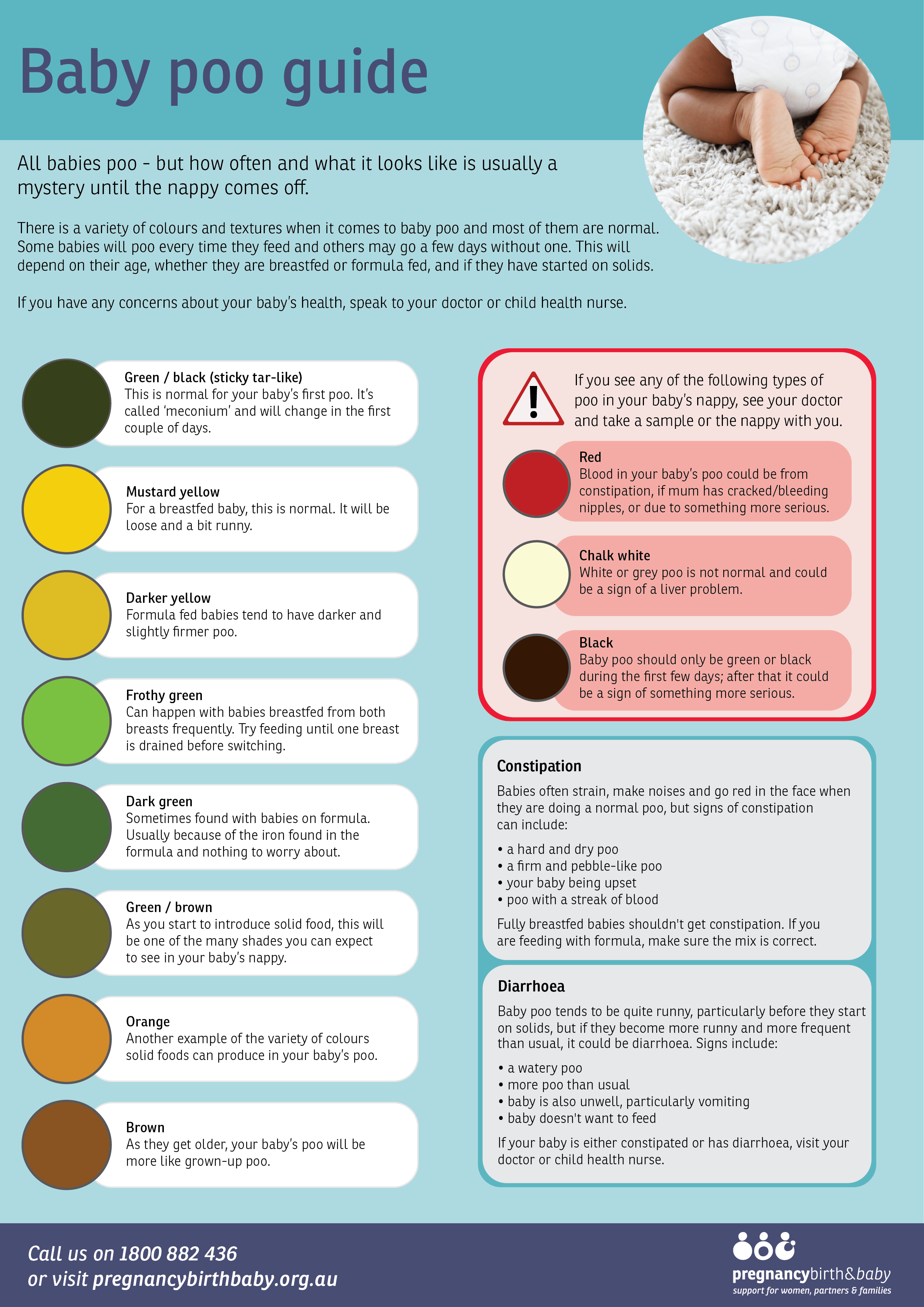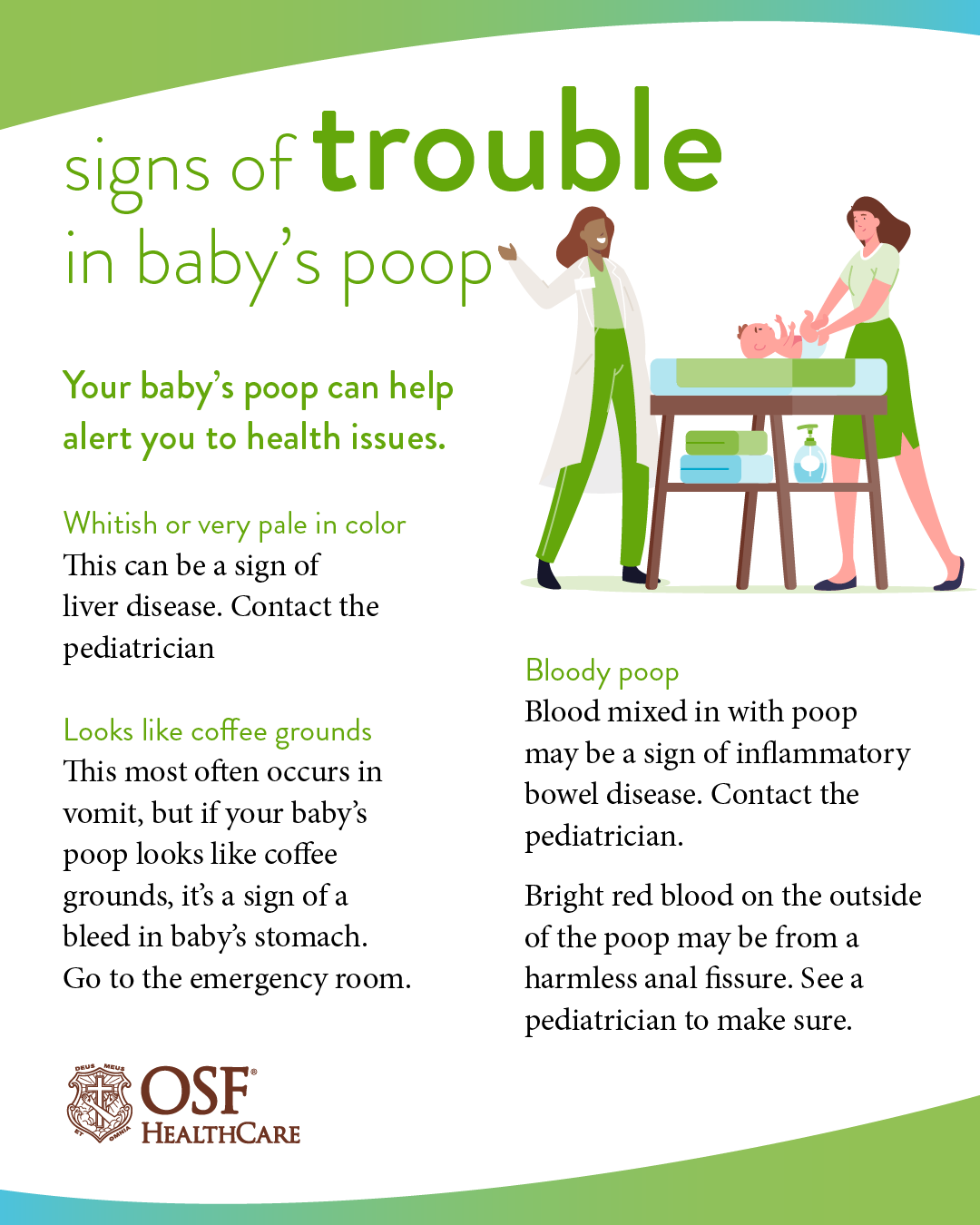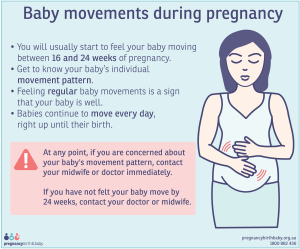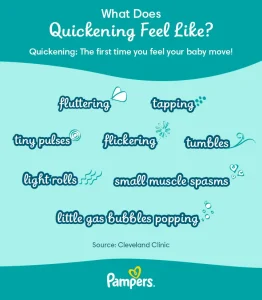How to help a constipated baby, offer more fluids and fiber. Introduce pureed prunes or apple juice in small amounts.
Constipation is a common issue that many babies face, and it can be a frustrating experience for both parents and the baby. When your baby is constipated, it can be tough to see them struggling with bowel movements and discomfort.
However, there are several ways to help relieve constipation in babies. One of the easiest ways is to increase the amount of fluids and fiber in their diet. You can also try introducing pureed prunes or apple juice in small amounts. We’ll discuss some of the common causes of constipation in babies, signs and symptoms to look for, and some home remedies that may help alleviate the issue.

Causes Of Infant Constipation
Constipation in infants can be distressing for both the baby and the parents. Understanding the causes of infant constipation is crucial in finding the right solutions to alleviate this discomfort. There are several factors that can contribute to constipation in babies, such as dietary factors and dehydration.
Dietary Factors, How to help constipated baby
Babies who are transitioning from breast milk or formula to solid foods may experience constipation due to a lack of fiber in their diet. Introducing high-fiber foods like pureed fruits, vegetables, and cereals can help regulate their bowel movements.
Dehydration
Dehydration can also be a leading cause of constipation in infants. When babies do not consume enough fluids, their stools can become hard and difficult to pass. Ensuring that your baby is adequately hydrated by offering frequent breastfeeds or formula feeds can help prevent constipation.
Recognizing Constipation In Babies
Recognizing constipation in babies is crucial for ensuring their health and comfort. Since babies can’t express their discomfort, it’s important for parents and caregivers to be aware of the signs and symptoms of constipation. By recognizing these signs early, you can take the necessary steps to help your baby find relief.
Symptoms To Look For
- Bowel movements less frequent than usual
- Straining or difficulty passing stool
- Hard, dry, or pellet-like stools
- Excessive crying or fussiness
- Loss of appetite
When To Seek Medical Help
If your baby experiences severe abdominal pain, bloody stools, or has not passed stool for several days, it’s crucial to seek medical assistance promptly. These symptoms could indicate a more serious underlying issue that requires immediate attention.
Tips For Relieving Infant Constipation
Infant constipation can be relieved by giving the baby more fluids, offering fruit purees, and using gentle massage techniques. It is important to consult a pediatrician if the problem persists.
Adjusting Diet
Introducing fiber-rich foods like prunes can help regulate your baby’s bowel movements.
Hydration Importance
Ensure your baby stays hydrated by offering water between feeds to soften stools.
Tummy Massage Techniques
Gently massage your baby’s belly in a clockwise motion to stimulate digestion.

Natural Remedies For Constipation
Babies experiencing constipation can be distressing for both the little one and their parents. Thankfully, there are gentle and effective natural remedies that can help alleviate constipation in babies.
Prune Juice
Prune juice is a natural laxative that can aid in relieving constipation in babies. It contains sorbitol which helps soften the stool and promote bowel movements.
Warm Baths
Warm baths can help relax a baby’s muscles and provide relief from constipation. The warmth of the water can stimulate bowel movements and ease discomfort.
When To Consult A Doctor
If your baby is constipated, consult a doctor if home remedies don’t work. Watch for signs like hard stools or discomfort. A pediatrician can provide guidance on safe solutions.
If constipation in your baby persists despite home remedies, it’s time to seek medical advice. Consult a doctor if the problem persists for several days.
Persistent Symptoms
If your baby shows persistent signs of constipation, such as infrequent bowel movements, medical consultation is necessary.
Concerning Signs
Watch out for concerning signs like blood in stool or severe abdominal pain, which warrant immediate medical attention.
Preventive Measures
Preventive Measures are crucial in ensuring your baby’s digestive health. By following these simple steps, you can help prevent constipation in your little one.
Proper Hydration
Ensure your baby drinks plenty of water throughout the day to maintain proper hydration levels.
Balanced Diet
Offer a variety of nutrient-rich foods to promote good digestive health in your baby.
Common Myths About Infant Constipation
Discover the truth behind common myths about infant constipation. Learn effective ways to help your constipated baby with gentle remedies and expert advice. Ease your baby’s discomfort and promote regular bowel movements for their well-being.
Infant constipation can be a cause of concern for parents, and there are several myths that can make it difficult to understand what’s best for your baby. Let’s take a look at some of the most common myths surrounding infant constipation and separate fact from fiction.
Introduction Of Solid Foods
One of the most common myths about infant constipation is that the introduction of solid foods can cause constipation. While it’s true that some babies may experience constipation when they start eating solid foods, it’s not a universal experience. In fact, many babies have no trouble at all with their bowel movements when they start eating solid foods.
Frequency Of Bowel Movements
Another myth surrounding infant constipation is that babies should have a bowel movement every day. While it’s true that some babies may have a bowel movement every day, others may have one every other day or even less frequently. As long as your baby’s bowel movements are soft and not painful, there’s no need to worry about the frequency.
Other Myths
Other common myths about infant constipation include the idea that certain foods, such as bananas or rice cereal, can cause constipation. However, there’s no evidence to support this claim. Additionally, some parents may believe that giving their baby water or juice can help with constipation, but this is not recommended for infants under six months of age. In conclusion, it’s important to separate fact from fiction when it comes to infant constipation. While there are several myths surrounding the topic, it’s best to trust your instincts and speak with your pediatrician if you have concerns about your baby’s bowel movements. Remember, every baby is different, and what works for one may not work for another.
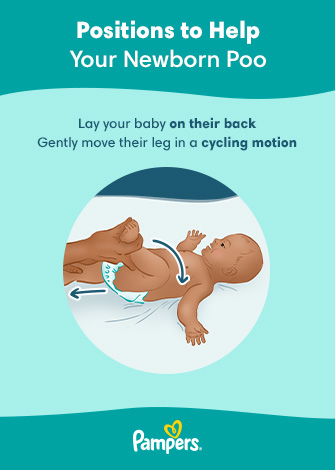
How Do You Stimulate A Constipated Baby To Poop?
Gently massage baby’s tummy. Offer more fluids. Try bicycle leg movements. Consult a pediatrician if problem persists.
How Do You Treat Constipation In Infants?
To treat constipation in infants, try giving prune juice or water, massage their belly, and ensure they have a balanced diet.
When Should I Worry About Baby Constipation?
If your baby has fewer bowel movements or seems uncomfortable, it’s time to worry about constipation. Watch for hard, dry stools or straining during bowel movements. If this persists, consult a pediatrician for advice and potential remedies.
Does Gripe Water Help With Constipation?
Yes, gripe water may help with constipation due to its natural ingredients like ginger and fennel. It can aid in relieving digestive discomfort in infants. However, it’s essential to consult a pediatrician before using gripe water for constipation in babies.
Conclusion
If your baby is constipated, try gentle massages and warm baths. Ensure they are hydrated and incorporate fiber-rich foods gradually. Consult a pediatrician if issues persist. Remember, patience is key in helping your little one find relief. Your baby’s well-being is always the top priority. “How to help constipated baby”

